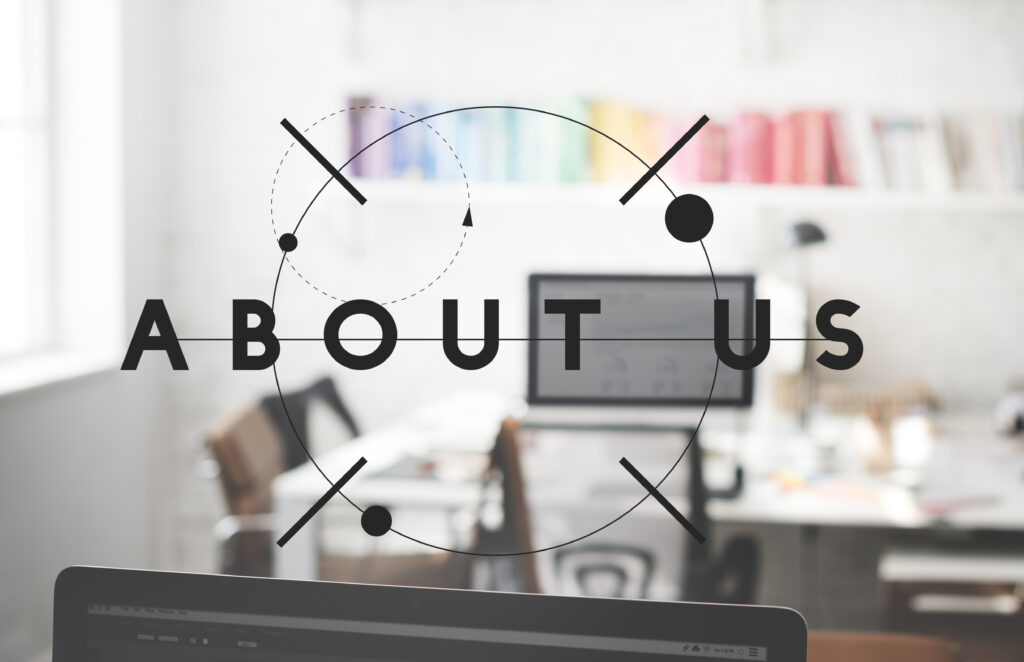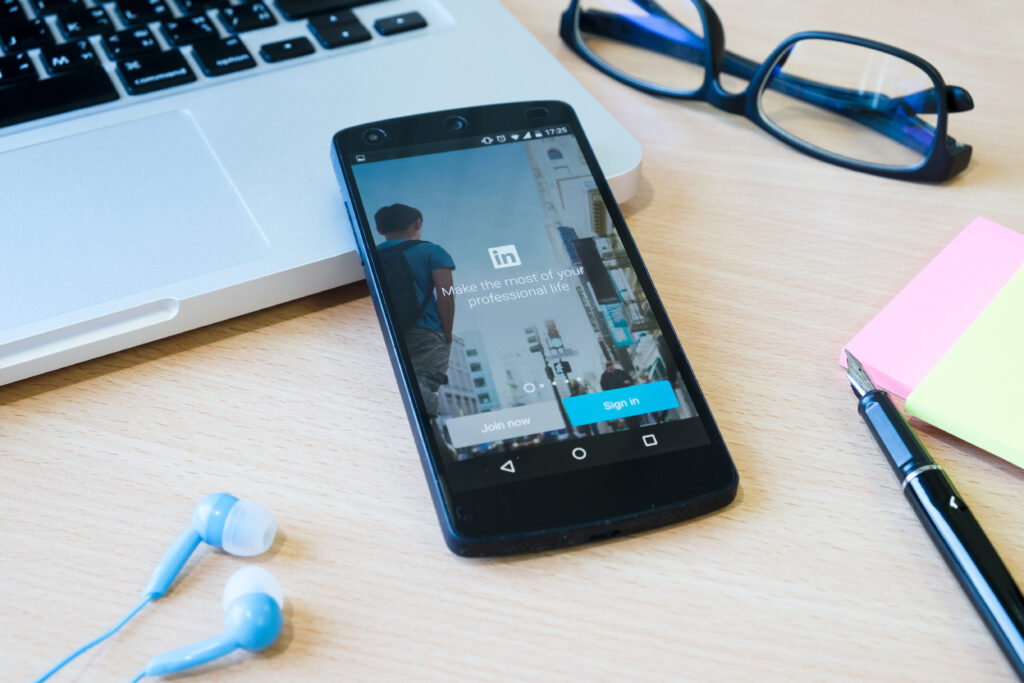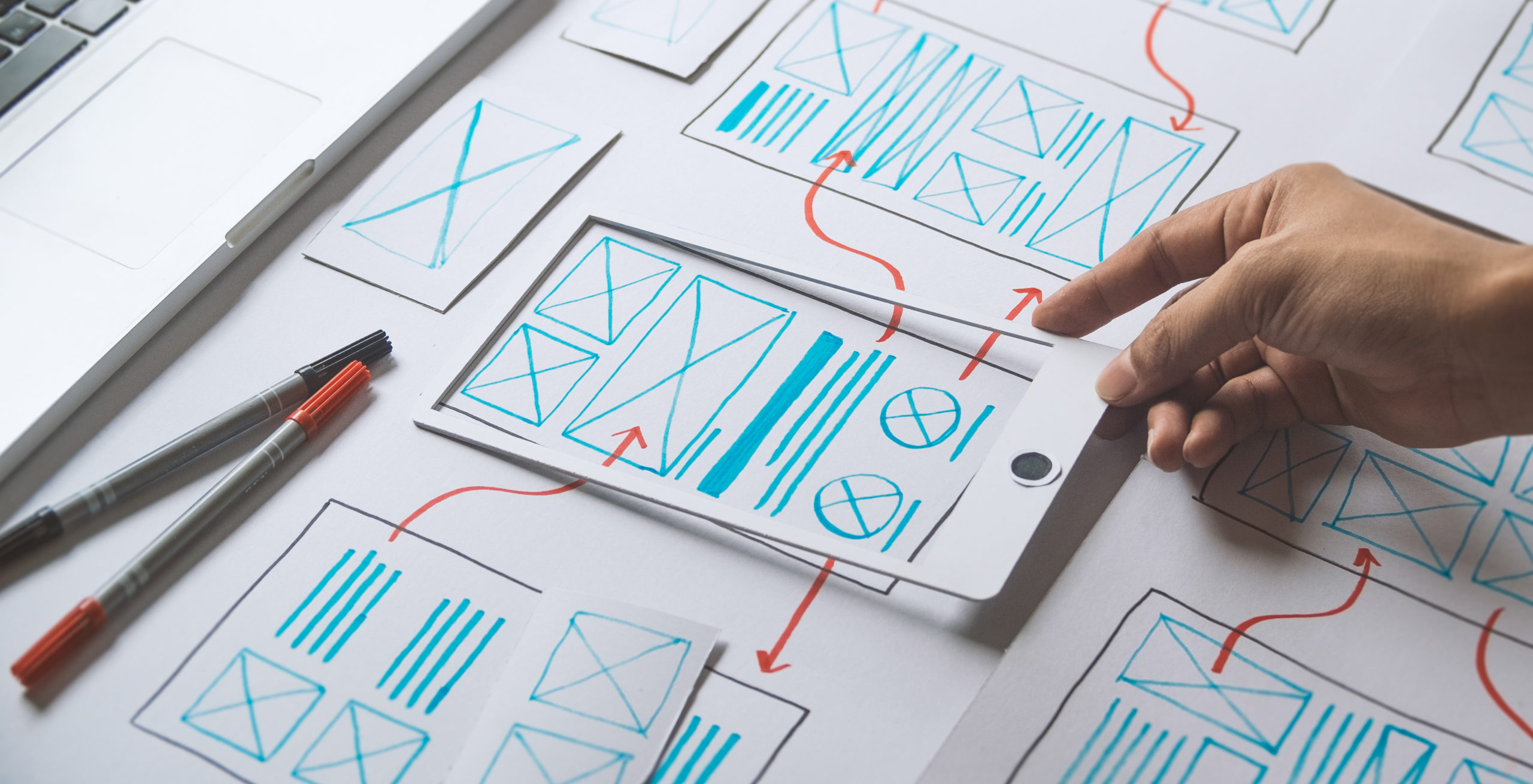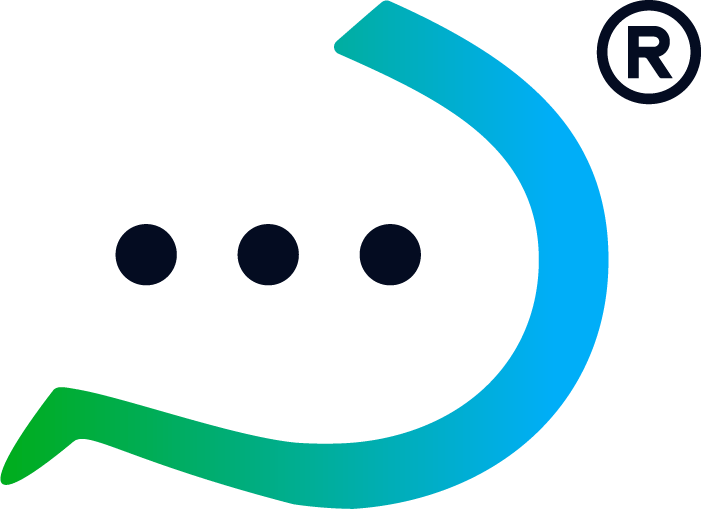An interview is a great step for recruiters. The process helps organizations to find a suitable person who meets a set requirement to fill a role. It could be a UX design interview, a customer service rep, a developer, a marketer, etc. The interview process often includes a set of questions which are asked or set by recruiters and which a candidate is required to answer. This helps to access and know the candidate’s abilities and determine if they are fit for the role.
Questions may range from personal to skills, interests, attitude, etc.

Being a successful UX designer will require that you often attend several UX design interview where it is determined whether or not you get hired into an organization. Sometimes, you will excel in a UX design interview and even get the job and other times you may not perform well and may not get the required results. This happens often when you are just starting out in a career or you are unprepared for the interview. However, it is important to take these chances as learning opportunities and understand that they are stepping stones which will help you improve yourself and try harder for your next UX design interview.
Whether you’re aspiring or being interviewed for a junior position or a senior one, there are some generic preparations and core processes you must take to ready yourself for when you meet with the hiring manager for that set UX design interview

One important thing to note is that the simple fact that an organization is not hiring does not automatically mean the company isn’t open to looking. Fuzzy Math Co-founders Mark Baldino and Ben Ihnchak agree to this. “We find it totally flattering when we receive emails and portfolio links from UX designers who admire and respect the company, they show us how much they understand what we do, and express a sincere interest in wanting to become part of our team. Mark added, “The easiest way we often find people is they actually did find us first and expressed a sincere interest.Therefore making first contact with an organization you love is never a bad thing, if anything, it shows drive and interest.”
According to Career Sidekick, A typical recruiter will often interview 6-10 candidates for a job role, and it might even be more for roles which are important like the UX design interview. Most of the time, The candidates will go through like 2-3 rounds of interviews before receiving a final offer. The UX design interview approaches are not different. UX design interviews can range from one on one interviews, group interviews with a panel, skill assessment and portfolio presentations. Therefore, It is important that UX designers apply the design process to their UX design interview processes.
Here are helpful tips and recommendations for a successful UX design interview.
Get Well Prepared
The very first thing to do before leaving your house for a UX design interview is to get properly prepared as much as possible – get well equipped. There are several materials available online which are related to UX design, most of which includes useful UX design interview questions and their best possible answers.
To ensure that you don’t get overwhelmed by a lot of information out there, you may want to find a few sites with the top resources which will provide you with the required ideas and information needed to get you fully equipped and well prepared. You need to thoroughly read the given questions and answers and carefully try to map the provided answers into your own knowledge, practical experience and to your own words. You can check out some resources for UX design interview questions and answers here.

It is always essential to get well prepared and that may often include making sure that you have increased your understanding of your potential employer and possibly, the kind of interview questions the recruiters may ask. Glassdoor is a good place to up that understanding as it contains different UX design interview questions for different organizations as well as some reviews from former and current employees of the organization.
When you have good resources and collections of interview questions and their answers, you want to organize them in a document form and list all the questions and add their answers into the document. You can then tweak and edit the answers and make them more organic by adding your own experience in your own words to each listed answer. You do this repeatedly for different UX design interview questions and answers in the same document and this can become your interview glossary. You can always consult your glossary whenever you are called for an interview. You can also share your glossary with friends and colleagues while directing them on how to use it.
Having a go-to glossary document can be a great guide for interview preparation and this helps you save a lot of time.
Before your interviews, you should repeatedly practice the questions and your answers to them as written down in your document. You want to be prepared for the UX design interview questions even before they are asked. Practice your answers until you can speak confidently and naturally – this is why it is important to write them down in your own words and from your own experiences. Recruiters will often ask broad questions relating your strengths and weaknesses, your soft skills, your personal hobbies, your ability to collaborate with product managers, software engineers and developers, customer service teams and other important stakeholders and direct questions about your personal and unique design perspective and relates and appears in your work.
Recruiters may also ask you other specific situational questions. Questions like how you solved a challenging problem or how you overcame a conflict, Therefore, it’s important and mostly helpful to have several related stories about your past projects and experiences and you can write down or attach these stories to your answers.
Know The Company
Another important thing during your UX design interview preparation is to thoroughly research about the company you are hoping to get employed into. for this, you can go to the company’s website and take a proper look through the web pages, discover the company goals, products and services, interests, vision and strategies. It is also helpful to find information about the company on online platforms like Linkedin, Glassdoor, Quora and other related sites. Using the information gathered, you can modify your portfolio and CV and include keywords and content relating specifically to the desired job description in order make it more relevant and appealing to your recruiters.

For some interviews, you may receive an email a few days before the interview date communicating who the members of your interview panels are. Having a prior knowledge of your interviewers is equally as important as doing research about the company. In this digital and technology evolved world, it is not very difficult to research a professional on the internet. You can go to LinkedIn, and search their profiles. Know who they are, their qualifications, know their experiences, their past work, their portfolios, their current job roles and how long they’ve been in their position in the company, as this will help you get familiar with your recruiters, their achievements and how best to speak and relate with them
Another interesting tip while researching your recruiters is to look at some recommendations that they have either received or given to others in the past. This will help you understand their relationship with colleagues and work peers, their working style, and their work values. Having this knowledge will give you the chance to have better and effective communication with them during your interview. And not only that, it would also help you determine if the job is really something you want to do, are these people the kind of people you want to work with?. If you are uncomfortable with their working culture and style, do you really want to proceed with getting hired for the job?
Ensure that your research of both the company and the people in it are done properly such that if you are asked why you are interested in the company, you would be able to speak about why their mission is vital to you, how your personality fits into the team, how your passion matches with their goals and your love for their products and services.
Researching the company, potential team members and the organization’s industry before your UX design interview is essential as it helps you to have valuable discussions about the stability, potential of the company and how you fit into it.

Know Your UX Basics
Even if you are an experienced designer with great skills, it is important to not neglect or forget the core basis of UX design
You may have done lots of projects in the past for a number of clients. Therefore, you certainly have many projects to show off in your interview. However, It is important that you do not forget or make mistakes in answering basic UX design questions. Ensure to revise your basic concepts of UX design, master and know the terms, as sometimes we tend to absorb too much practical work and neglect the usage and even meanings of related terms and phrases.
Your recruiters may really not ask you to define prototyping or information architecture, but it will give a good impression and show that you understand and know your onions when you use related terms while explaining your design process.
Show and Defend Your Skills
Your UX projects contained in your portfolio is one of the most valuable materials for a UX design interview. Your UX portfolio contains case studies of your recent projects. These case studies should highlight the problem you were solving with your projects, your unique design processes, the projects and deliverables that were completed, and the challenges you overcame during the project creation process. You also do not need to include every deliverable or detail but ensure that you have the essential ones and highlight the important areas while telling a compelling story about them.

Interviewers not only want to see what you can do, they also like to hear the overall vision of the user experience project and even dig into the details of crucial parts. It’s essential to explain the business problems you were solving with the product and the importance of solving the problem for the business. This will show the recruiters your understanding of the impact of UX design to business growth.
In conclusion,
Be yourself. User experience design is a career where you see people from different backgrounds, with different personalities and work experience. Your uniqueness is important if you are going to land a job and your own work experiences, personal stories, and perspectives are part of what make you unique. Being yourself and being unique are all valuable attributes that need to shine through in your UX design interview. Therefore, you do not need to pretend to be someone you are not by presenting yourself in a different manner. You deserve to be accepted and appreciated for who you truly are.


